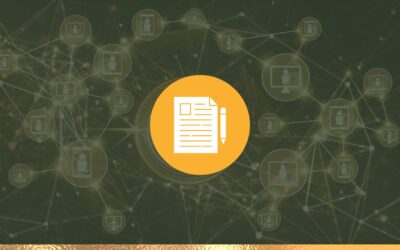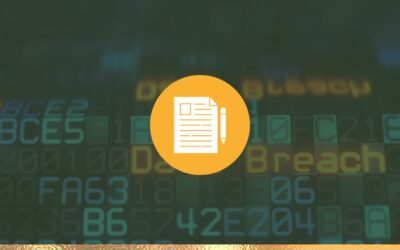Stay Safe from Identity Theft with These Essential Tips
Identity theft is a growing concern in today’s digital age, affecting millions of Americans each year. The Federal Trade Commission estimates that as many as nine million Americans have their identities stolen annually. Limiting the exposure of your personal information is the best way to protect yourself from fraud. This guide will walk you through the steps necessary to safeguard your identity from potential threats.
Understanding Identity Theft
Identity theft occurs when someone steals your personal information and uses it without your permission. This can lead to unauthorized purchases, opening new accounts in your name, or even stealing your tax refund. Protecting yourself from identity theft is essential to maintaining your financial security and peace of mind.
The Scope of Identity Theft
Many people associate identity theft with online scams, but it can happen in various ways. From checks and credit cards to Social Security numbers, there are numerous ways thieves can target your personal information. Understanding the different methods of identity theft can help you stay vigilant and prepared.
Protecting Your Checks
Checks might seem outdated, but they remain a target for identity thieves. To protect yourself:
- Use Initials and Last Name: When ordering printed checks, use your initials and last name. A forger won’t know how you sign your checks, but your bank will.
- Avoid Personal Information: Do not print your home phone number or Social Security number on your checks. Instead, use your work phone number and a post office box or work address.
- Pick Up Checks at the Bank: Rather than having new checks sent to your home mailbox, order them from your bank and pick them up directly.
Safeguarding Your Credit Cards
Credit card theft is a common form of identity theft. Here are some tips to keep your credit card information safe:
- Partial Account Numbers: When paying credit card bills, write only the last four digits of the account number in the check memo line.
- Photo ID Required: Instead of signing the back of your credit card, write “Photo ID required.”
- Photocopy Important Items: Photocopy both sides of your driver’s license, credit cards, and other important contents of your wallet. This way, you’ll know exactly what’s missing if your wallet is stolen.
- Keep a List: Maintain a list of your credit card numbers and their toll-free customer service numbers. Store this list in a safe place at home, not in your wallet.
Securing Your Social Security Number
Your Social Security number (SSN) is a valuable piece of information for identity thieves. Protect it by following these steps:
- Do Not Carry Your SSN Card: Memorize your number and store the original card in a secure location.
- Report Compromises: If you believe your SSN has been compromised, contact the Social Security Administration fraud line at 800-269-0271.
Managing PINs and Passwords
Strong, unique PINs and passwords are crucial for protecting your accounts:
- Avoid Writing PINs: Do not write your PIN on the back of the card or on anything else in your wallet.
- Different PINs for Each Card: Use different PINs for each debit and credit card. Consider reducing the number of cards you carry if you have too many to remember.
- Avoid Easily Available Information: Do not use your birth date, phone number, or part of your Social Security number for PINS and passwords.
Handling Mail and Trash
Identity thieves can also target your mail and trash. Here’s how to keep your information safe:
- Use Collection Boxes: For outgoing mail, use post office collection boxes instead of your home mailbox.
- Shred Personal Information: Shred any trash containing personal information, including charge receipts, credit applications, insurance forms, medical statements, checks, and bank statements.
- Opt-Out of Direct Mail Offers: You can opt not to receive direct mail credit offers by calling 888-567-8688.
In Case of Wallet Theft
If your wallet is stolen, take immediate action to protect your identity:
- File a Police Report: Document the theft and the contents of your wallet by filing a police report.
- Place a Fraud Alert: Contact one of the national credit reporting organizations to have a fraud alert placed on your name and Social Security number. This entitles you to free copies of your credit reports.
- Close Accounts: Immediately close all accounts for missing credit cards and check your credit reports for fraudulent accounts.
- Report to the FTC: File a complaint with the Federal Trade Commission at consumer.gov/idtheft.
- Notify Your Bank: If your wallet contained a checkbook or debit/ATM card, notify your bank immediately.
Conclusion
Preventing identity theft is about staying vigilant and proactive. By following these tips, you can significantly reduce your risk and protect your personal information from identity thieves. Remember, staying informed and prepared is your best defense against identity theft. For more resources, visit identitytheft.gov.




